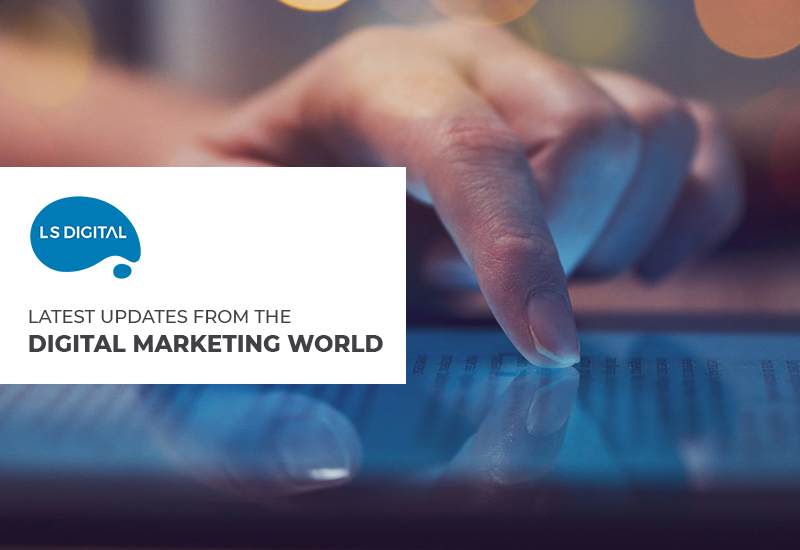Data Analytics, Big Data, Predictive Analysis, Machine Learning, AI are some of the buzzwords that are being discussed by marketers all over the world in 2019. Companies around the globe – big and small – are realizing the importance of data, and investing in it more than ever before. There are plenty of offline data waiting to be transformed into the digital world, thereby providing marketers with key insights.
Data analysis plays a huge role across multiple industries – health, banking, retail, e-commerce, media, education, industry, manufacturing, marketing, and many more.
But, the surprising trend here is that despite the stupendous growth of data analytics, the number of companies in the field of data analysis is rapidly shrinking. The global analysis market is poised to reach a staggering 106 billion USD from 2019 to 2023. Despite this huge increase in market growth, industry insiders have noted a surprising trend – the decrease in several companies in the analytics market.
The Reason – With growth comes consolidation. The bigger players in the field are acquiring smaller firms and start-ups, to expand their service offerings and to provide additional value to their clients.
Here are a few examples that substantiate this trend – Cision, a global cloud-based communications and PR firm, has recently acquired several smaller firms like Visible Technologies, Vocus, Viralheat, and TrendKite. Salesforce purchased Datorama in a deal worth reportedly $800 million. Most recently, the company purchased Tableau for a whopping $15.7 billion, its biggest deal ever.
Why all these Acquisitions?
Today, digital marketers are pushing forward to include big-data in their tasks. They have better control over their data and improved access thanks to cloud-based solutions. All forms of marketing – social, content, email, PR, and others rely heavily on user data, and marketers are looking for robust data analysis solutions, that leverage market intelligence and analytics. For a long time, available data analytics solutions were built for specific usage – say to be used by the IT dept or marketing dept but not both.
With the increased adaptation of data analytics, marketers and other users require enhanced solutions that offer flexibility and usability. There is a vast demand for niche services, and it takes plenty of time for big players in the field to build these services from scratch.
Hence, bigger players purchase smaller analytics companies that serve specific niches. Acquisition works out safer for the bigger players than organic expansion since they can provide customers with the required services, in minimal time.
What happens to the smaller acquired firms?
The acquisitions that are happening in data analytics isn’t about shutting down the competition. Rather, it’s about boosting capabilities, helping bigger players emerge as a one-stop shop for marketing analytics. There are several possible outcomes. The acquired companies can continue to remain autonomous and do business as usual. For example, consider the acquisition of the traffic app Waze, by Google. Waze managed to retain its brand and autonomy, even after the acquisition.
Another way forward is that parent company folds the services of the acquired company into its portfolio. An example of this is the purchase of Bizible by Marketo, where Marketo uses Bizible’s analytics data to provide an enhanced version of its CRM.
The last outcome is that the acquired company will get shut down completely. However, this has been rare in the analytics industry until now.
What does this mean for Marketers?
It’s time for marketers to consolidate your data analysis needs. Start reviewing the services offered by the bigger players and find out if your needs are met. Else, you need to start planning to shift to other providers.




